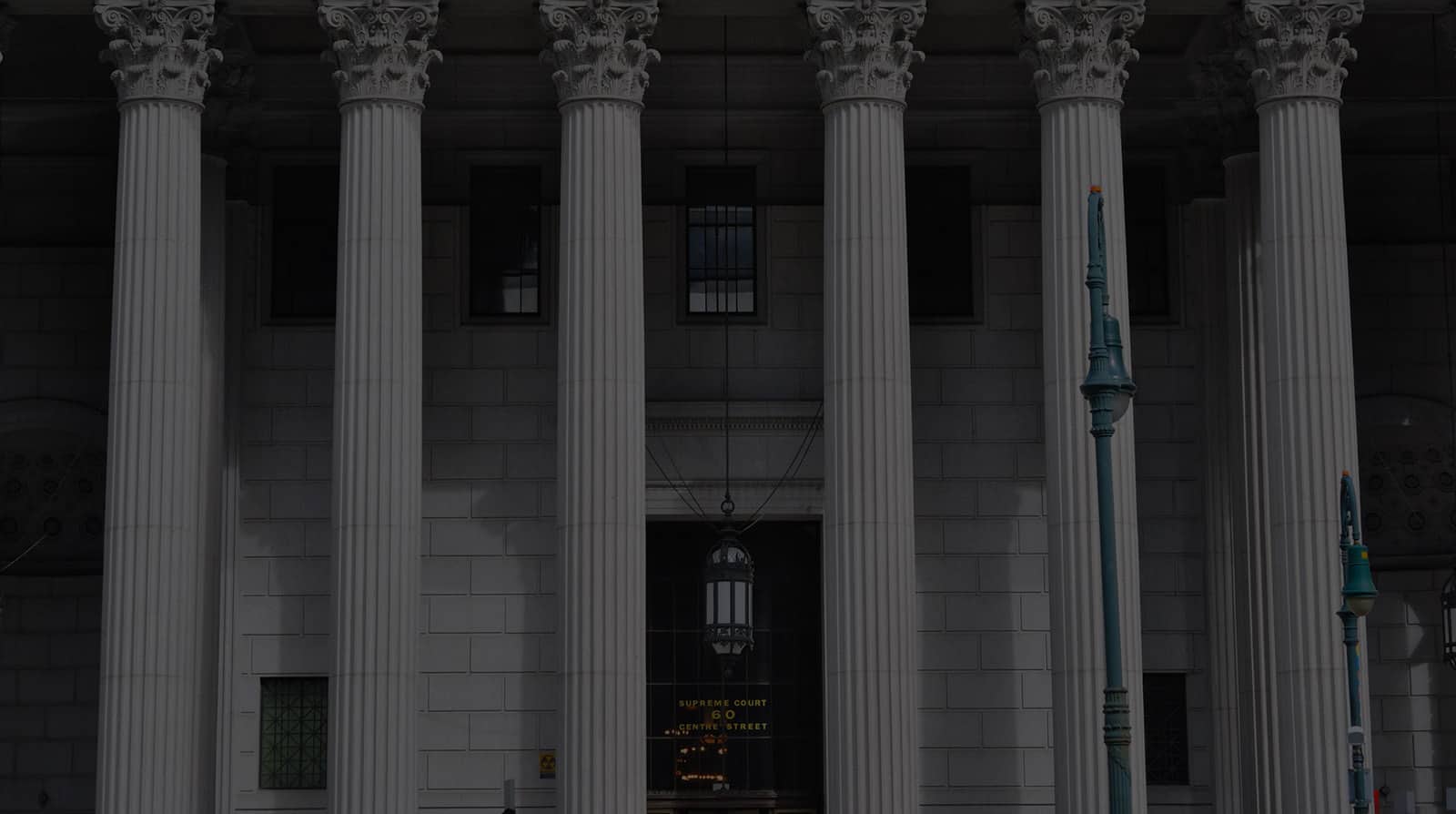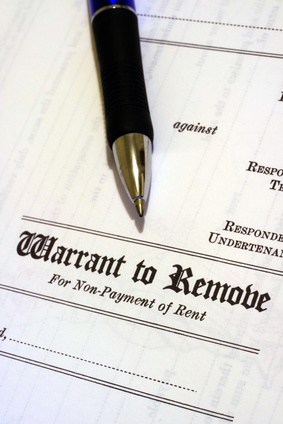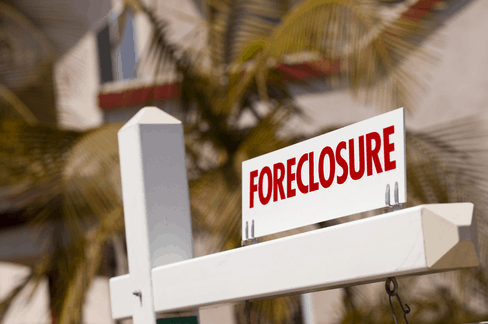There is a lot of confusion surrounding the effect of certain recent government actions relating to evictions on the obligation of a tenant to pay rent. Many of us have heard that there is a moratorium on evictions in the State of New York, or that the obligation to make mortgage payments has been suspended. But there is a lack of clarity as to what all this means with respect to evictions.
So what does all this mean?
To sort this all out, we need to look at the history of what exactly has transpired. Initially, the Court System suspended all eviction proceedings until June 20, 2020. That means that all pending eviction cases in the Court System are adjourned until sometime after the suspension is lifted. But new cases could still be filed while the Courts remained open. That meant that for landlords there was some hope that the eviction process would continue after a brief postponement.
That all changed when the Court System announced that it was closed except for certain essential matters and that no new eviction (or any other type of non-essential) case could be filed. The State then tried to solidify that by ordering that no new eviction cases can be filed until April 19, 2020. This created another breath of hope of landlords, who, under this order, could again file eviction proceedings in Court after April 19, 2020, with the knowledge that those cases would not be heard until after June 20, 2020.
Then, finally, the Court System decided it would not accept any new eviction filings until June 20, 2020. That means that new cases cannot be filed until then.
Do tenants still have to pay rent during this moratorium?
The short answer is yes. The moratorium on evictions does not affect the obligation of a tenant to pay rent; and tenants are still required to make all their rent payments. A tenant who fails to pay the rent can still be evicted – just not until the moratorium is lifted.
Does this mean a landlord’s hands are tied until June 20, 2020?
No, it just means that the part of the eviction process that involves the Court System cannot begin until June 20, 2020. Landlords still have all their rights – including the right to take action against non-paying tenants.
For non-payment evictions, the process begins with the requirement that a predicate notice be provided to the tenant informing him or her that you have not received the rent within five days of its due date. There is also a requirement that the tenant then be served with a fourteen-day rent demand informing the tenant that he or she has fourteen days to either pay all the back rent or surrender possession of the property before the eviction action can be started in court. That can and should be done irrespective of the moratorium, which has no effect on serving predicate notices.
If you have a month-to-month tenant who has lived in your rental unit for a period
of time that entitled him or her to either a sixty-day or a ninety-day notice of termination, as a statutory predicate to beginning a hold-over eviction proceeding in such a case, you can and should arrange to have such a notice served. By the time the sixty or ninety days runs out, it will likely be June 20, 2020, or later. In that event, nothing will prevent you from evicting your tenant.
Cooperating in a time of crisis is important. But unnecessarily compromising your rights and suffering with a non-paying or problem tenant is something no one needs to do. The time to retain an experienced attorney to start the process of removing your tenant is now.
Call us today at (631) 747-0356. We are here and we are ready to help you.







